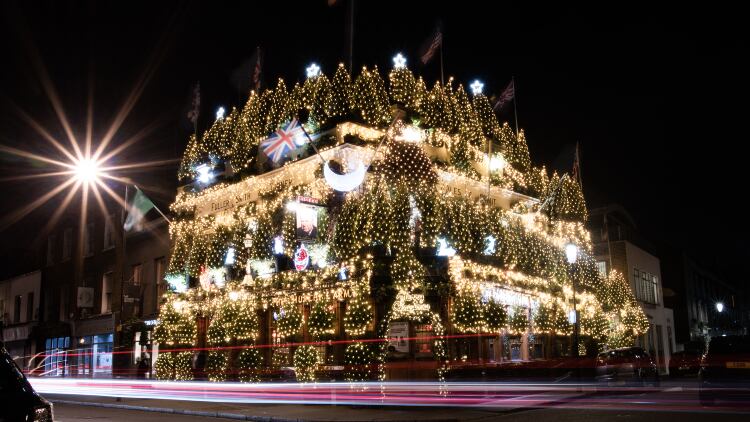The late-night levy came into force seven years ago, giving councils the power to raise revenue for the cost of policing the night-time economy in their area, charging an additional fee to operators permitted to sell alcohol under their premises licence or club certificate for a period between midnight and 6am.
Southwark is the latest council to adopt the levy, which came into effect last month. However, to date, only 11 councils across England have one in place (more than half of which are in London boroughs) – far fewer than the Government had predicted (80) would opt for the Levy.
Most recently Redbridge’s licensing committee, following consultation, deferred the decision as to recommending it for approval by full council until further notice.
It is understandable that licensed operators have viewed the levy as an ‘additional tax’, ‘source of revenue’ for councils and ‘not fit for purpose’ – this is most evident in the case of Cheltenham where the levy was adopted but collected only half the revenue anticipated, and was swiftly replaced with a BID (business improvement district) scheme, which required all the businesses to pay in to it rather than just late-night, licensed premises.
Yet, in a time of reduced budgets for local authorities, you would think an additional revenue stream would be welcomed with open arms, however, on the whole, councils have resisted the temptation. One reason for this is that some councils and licensing officers share operators’ views, considering the power too blunt an instrument. It either applies to all licensed premises in the council area or not at all – with many operators outside main city centres seen to be unfairly affected, with some giving up later hours to avoid the levy as a result, as some of our clients have done.
The House of Lords Select Committee’s report on the Licensing Act 2003 suggested the levy had “failed to achieve its objectives” and should be abolished or the very least reviewed.
Yet, the Government has made changes through the Policing and Crime Act 2017 that introduces flexibility to allow councils to localise the levy to certain areas rather than applying it to the whole council area, so it is more geographically focused on the perceived source of late-night problems, such as the city centre or specific streets. The levy will also apply to late-night refreshment premises that serve hot food and operate beyond midnight – think your local late-night kebab shop.
Yet, as 2019 ends, these changes have still not come into force, with a Government consultation on the level of charge appropriate for late-night refreshment premises still required.
In our view, once these changes do come into effect, councils put off by the inflexible nature of the levy are likely to have a renewed interest. Ultimately, the changes may mean more premises are liable to pay the levy and potentially a significant rise in levies adopted across the country. But until then the appetite is likely to remain mild at best.
For any legal enquiries please visit Poppleston Allen's website.




